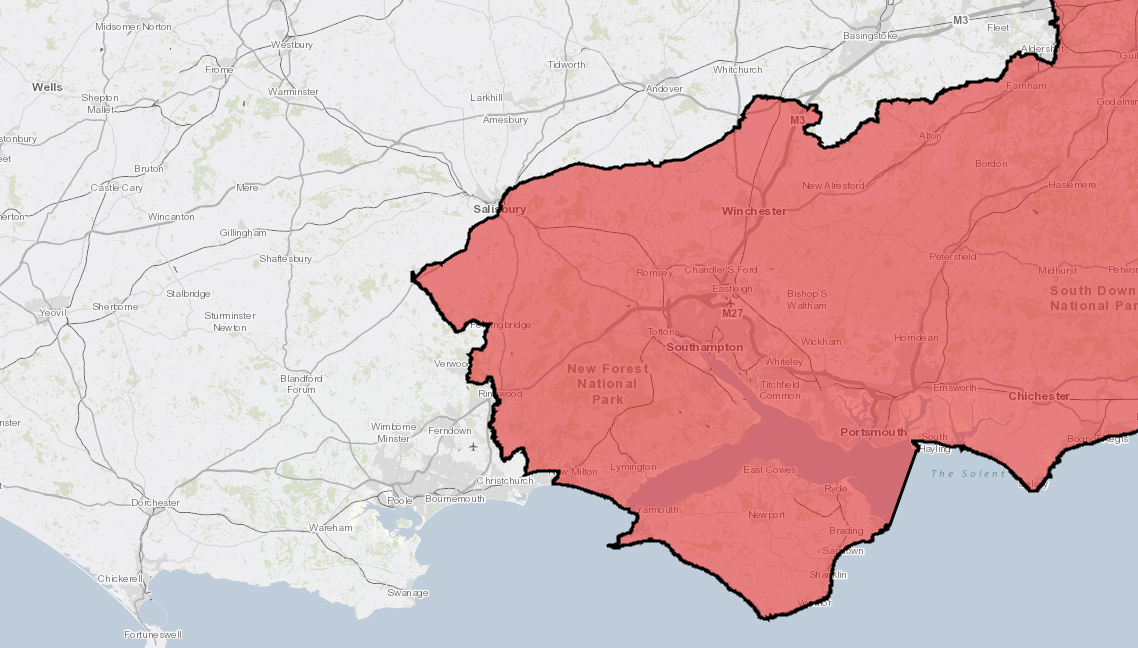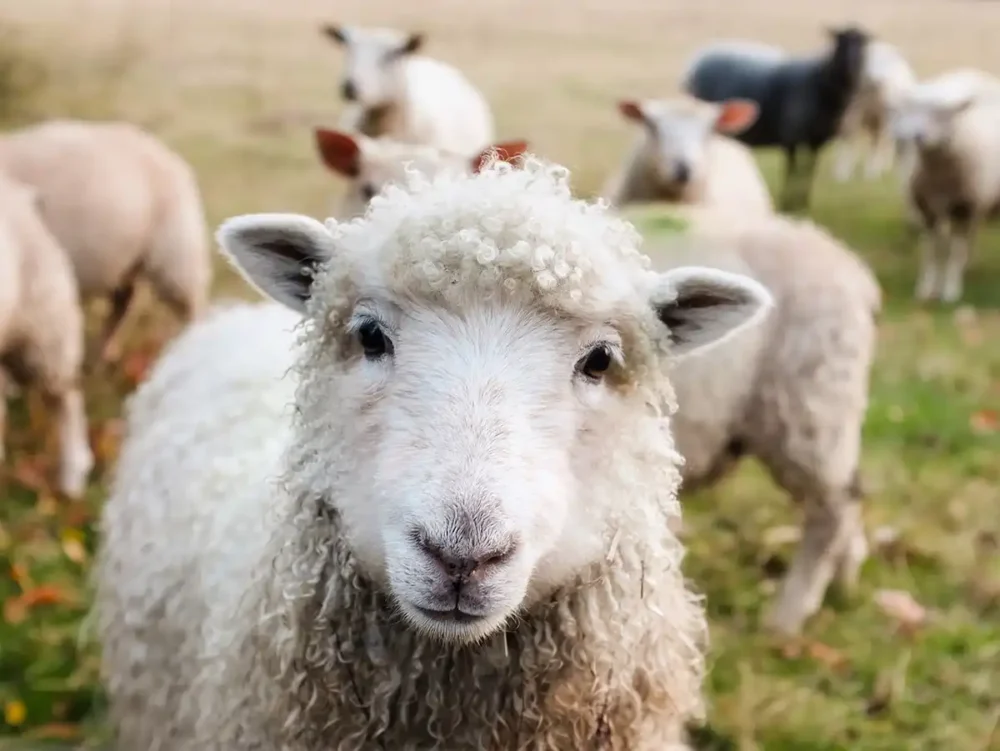RESTRICTIONS on the movement of animals to prevent the spread of bluetongue have been imposed in parts of Wiltshire.
The Department for Environment, Food & Rural Affairs (Defra) has extended the zone covered by restrictions to include an area including parts of Salisbury, Fordingbridge and Ringwood.
The extension comes after the total number of bluetongue cases in Great Britain reached 168, with the latest case coming in the restricted zone in East Sussex on November 23.
The zone was extended on November 16 to include parts of Wiltshire, before, on November 22, three bovines were confirmed positive in Hampshire.
They were discovered outside the restricted zone, after being traced from a premises on the Isle of Wight, having been moved before the restricted zone was put in place, Defra said.
“The premises has been placed under restriction and the other animals on the premises will be assessed to ensure there has been no local transmission,” a spokesperson added.
In total, Defra said 14 cases of BTV-3 – a strain of bluetongue – have been detected in premises which are now outside the current restricted zone.
The premises are in Bath and North East Somerset (BANES), Shropshire, Cheshire, Cumbria, Anglesey, Gwynedd, North Yorkshire and Cornwall.
READ MORE: Click here for more farming news from your Salisbury & Avon Gazette
“The animals were moved to these premises from areas where disease is now known to be circulating, but the moves took place before bluetongue restrictions were put in place,” the spokesperson said.
“These premises were initially placed under restriction and some of the infected animals have been culled to prevent risk of local transmission.
“Further testing is being undertaken to ensure there has been no local transmission. Several of the premises have completed this testing and restrictions have been lifted.”

Bluetongue is a notifiable disease caused by a viral infection, mainly spread by biting midges.
It affects sheep, cattle, other ruminants such as deer and goats, as well as camelids such as llamas and alpacas.
Rarely, Defra said, bluetongue can affect dogs and other carnivores if they eat infected material.
“It does not affect people or food safety, but outbreaks can result in prolonged animal movement and trade restrictions,” the Defra spokesperson said.
“If you keep livestock, you must keep a close watch for and report any suspicion of bluetongue in your animals.”
Farmers are being warned BTV-3 has spread quickly across Europe, with a risk when importing animals from countries close to where disease is present.
For more information, and a map of the restricted zone, visit gov.uk/government/collections/bluetongue-information-and-guidance-for-livestock-keepers.









Leave a Reply